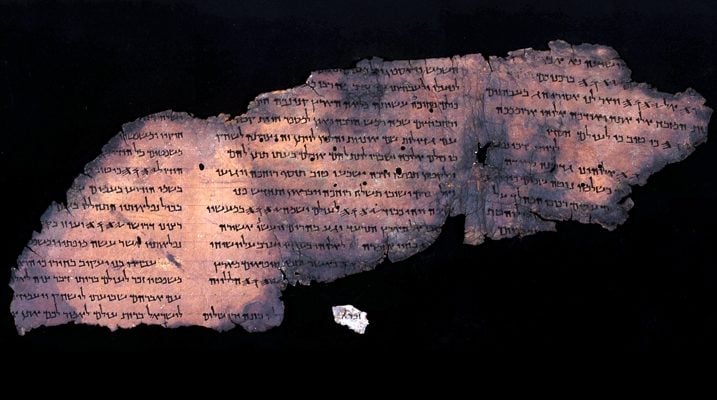The students use the AI model to decipher centuries-old inscriptions, which have been marred over time.
By Etgar Lefkovits, JNS
Artificial Intelligence is going Biblical.
That’s the message emanating from Ben-Gurion University of the Negev (BGU), which is using state-of-the-art AI to decipher ancient Hebrew and Aramaic texts uncovered throughout the Near East.
Engineering students at BGU are now employing Mask Language Modeling to get to the bottom of these centuries-old inscriptions, which have been marred over time by earthquakes, fires, political conflicts and other natural and human-related causes, the university announced on Tuesday.
Previously, epigraphists encountered a major challenge in reconstructing the missing parts of such valuable writings, and had to use time-consuming manual procedures to make out an approximation of the missing content.
Through the AI technique, the damaged content, whether single characters, partial words, single complete words, or multi-words, can be reconstructed more efficiently.
Students successfully tested the technology by taking hundreds of sentences from the Bible and applying them to corrupted inscriptions in Hebrew and Aramaic.
Their model, “Embible,” was highlighted last month at the latest meeting of the European Chapter of the Association for Computational Linguistics.
“We can help historians who have devoted their lives to recreating these ancient texts as accurately as possible,” said BGU Prof. Mark Last. “Furthermore, I believe the model can be extended to cover other ancient languages.”




